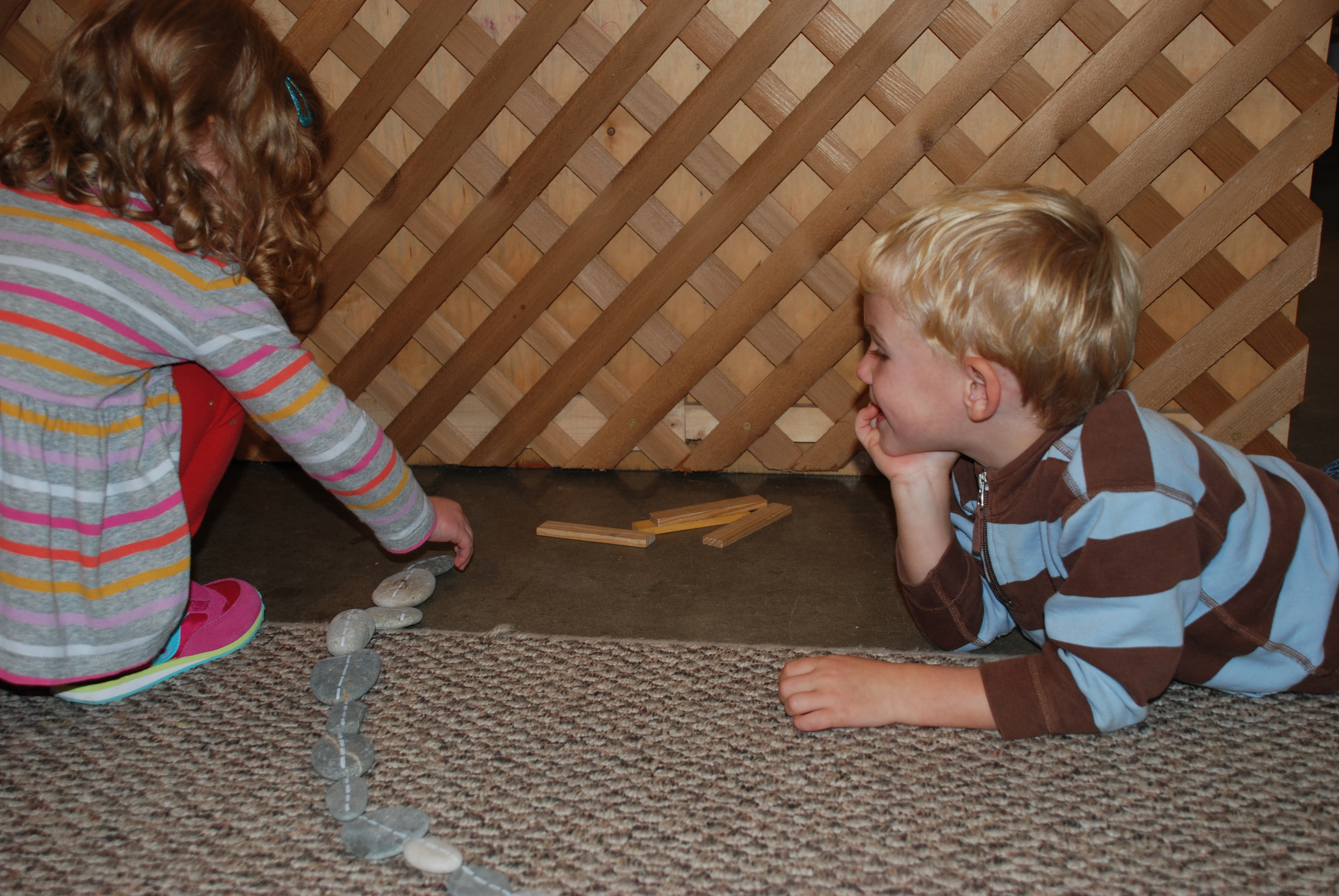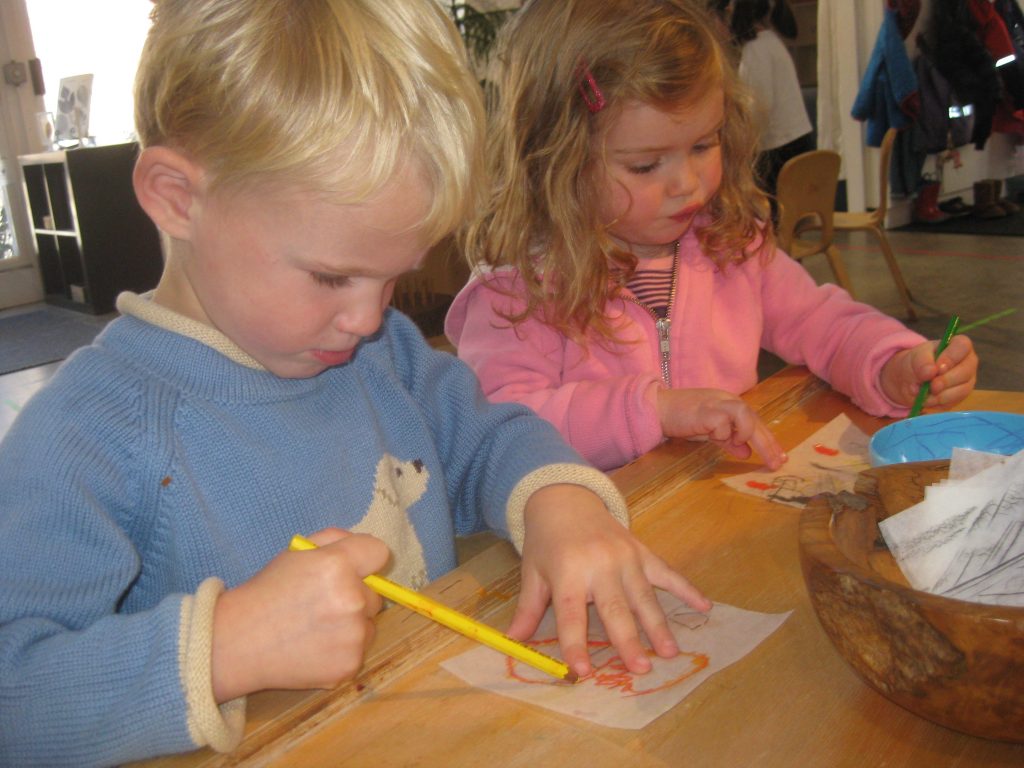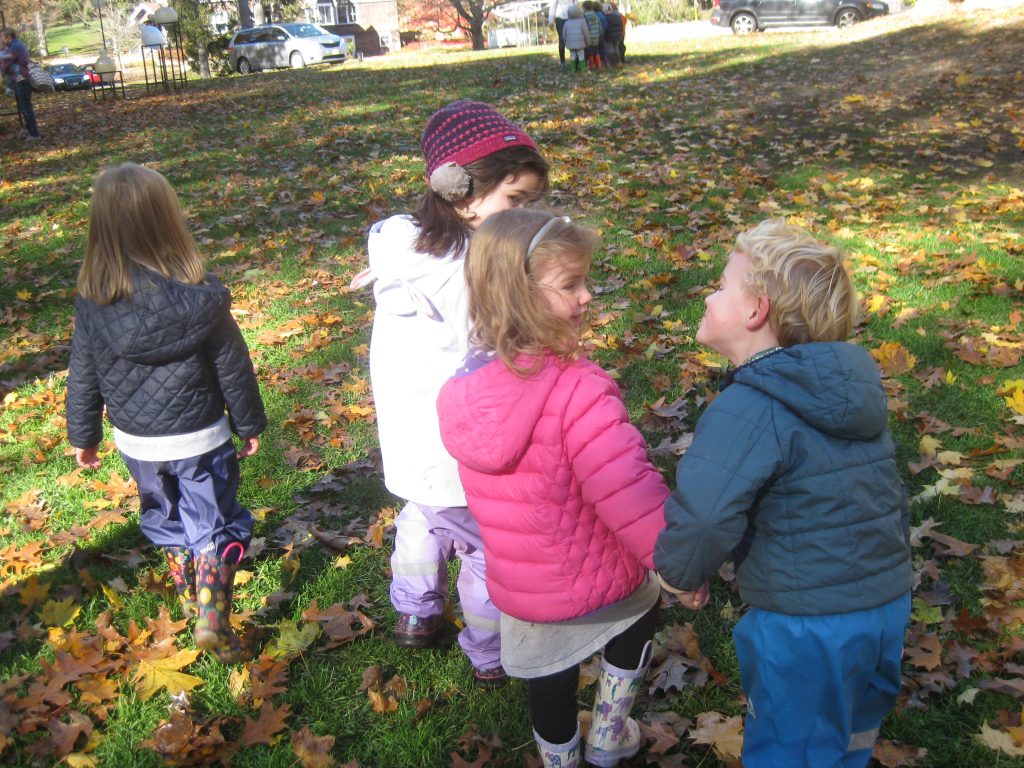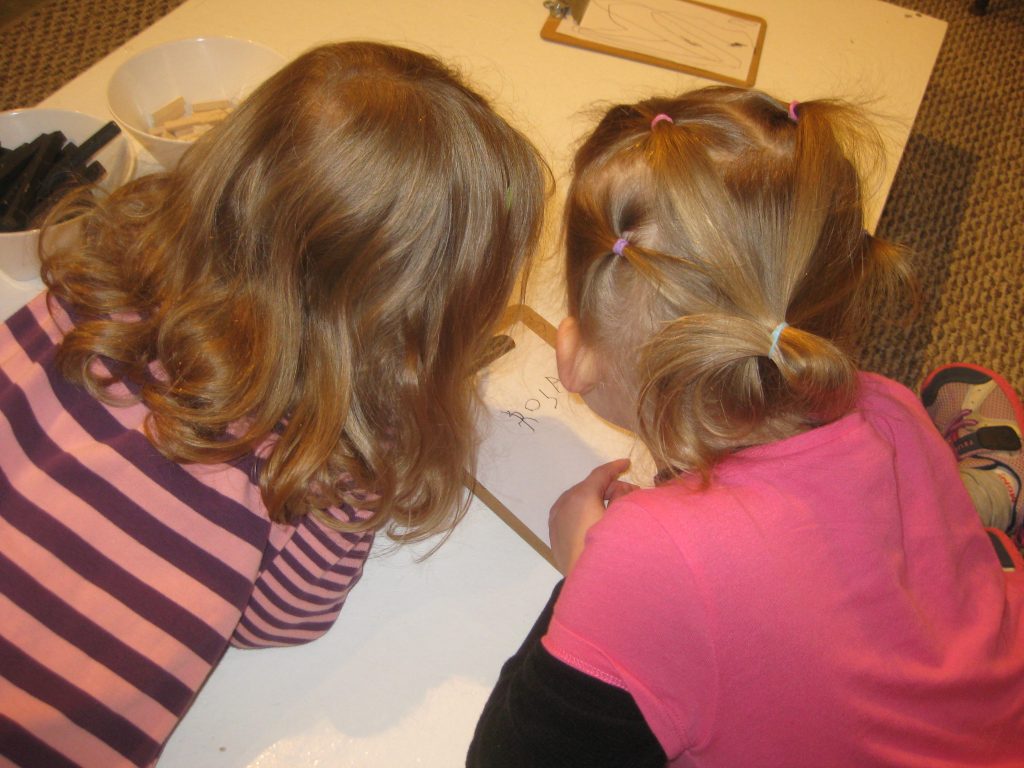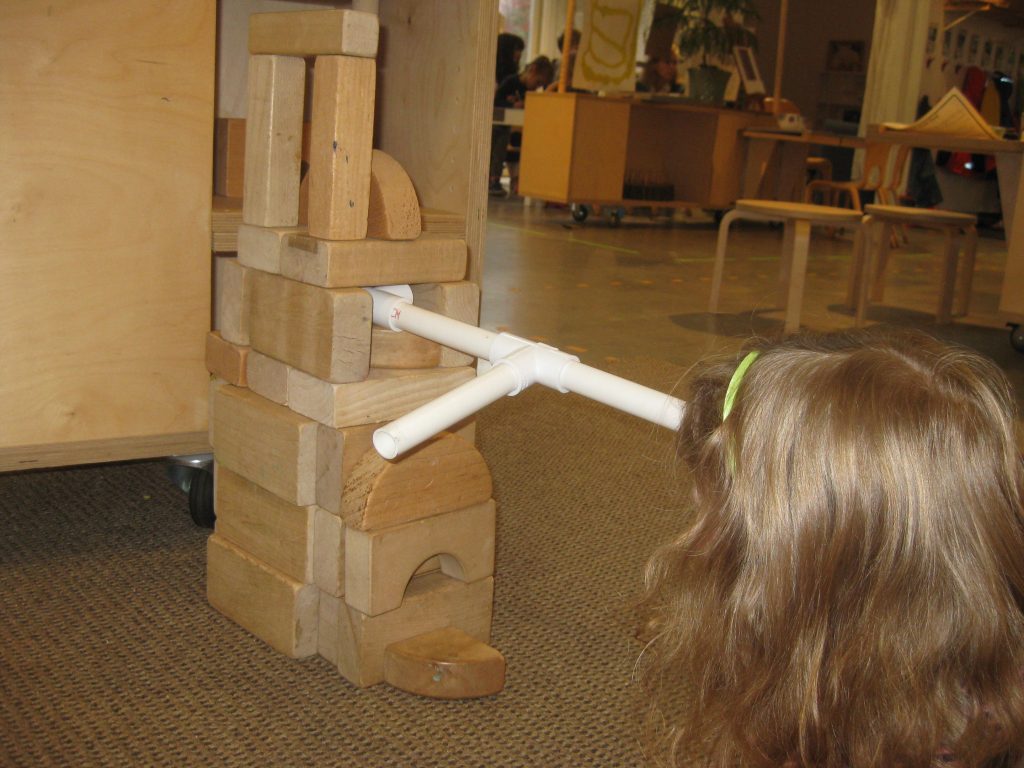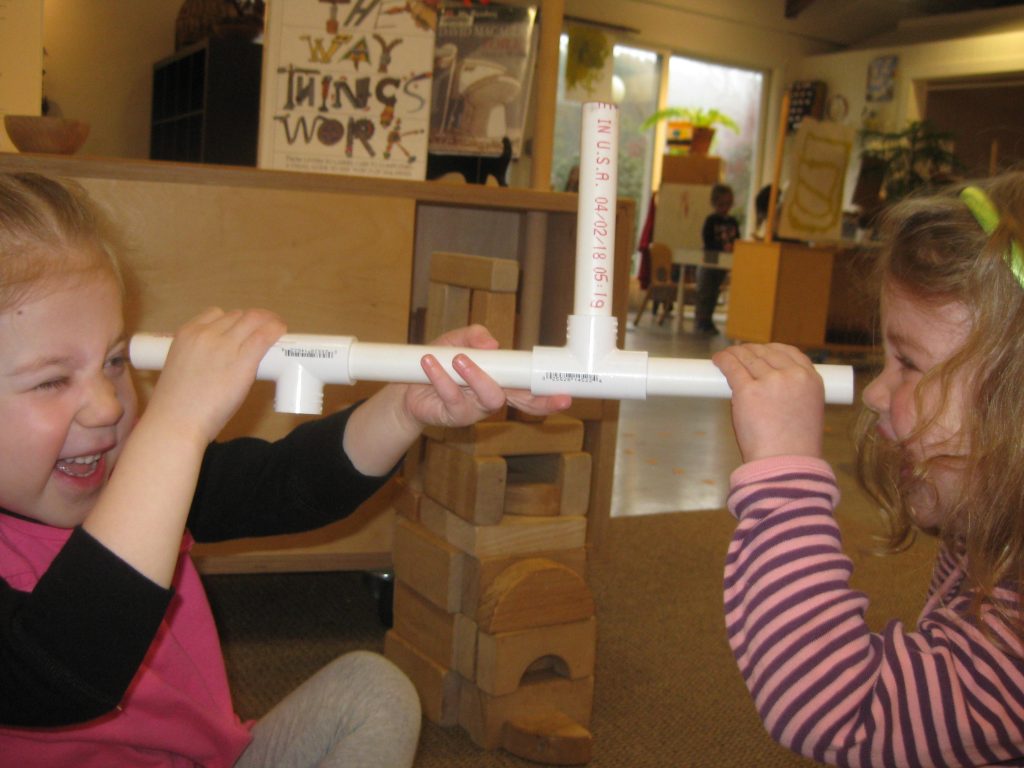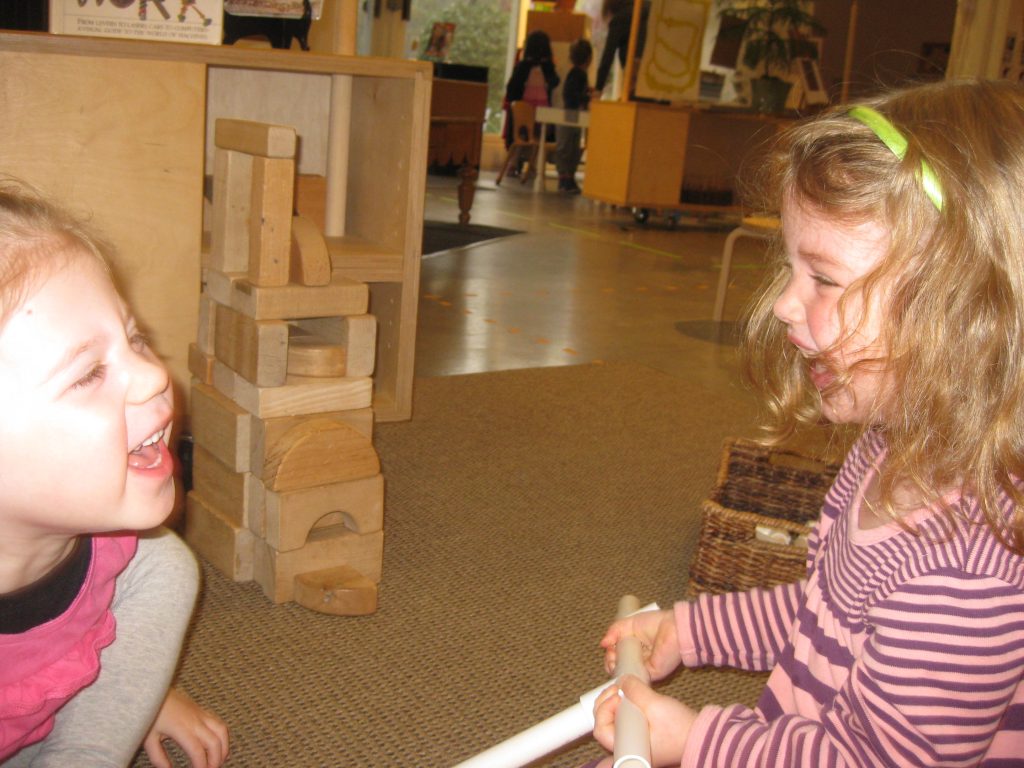Often a common intention for many families in sending their young preschoolers to nursery school is to be and play with other children. This being with brings with it joyful fun and laughter, as well as some sad and difficult moments of trying to know how to be with another. Each year, the LNS staff along with our museum partners at Learning and Engagement embark on an Umbrella Topic. These topics are something we deeply explore and ponder as we play alongside the classroom community each day. This year we are tackling our wonderings around Empathy. Because of our very rich environment, we are also able to explore this topic in the context of exposing children to art and nature.
While this word, empathy, is one that you might see heavily nowadays, how do we best define it? Further more, how do we notice it in the context of very young children who are newly emerging in the social world?
Ask any adult and they will define empathy in a number of different ways. For each of us, there can be different meanings. How do we stand back and witness how children begin to define empathy for themselves? As we watch children make connections and build relationships, we wonder how their curiosity about each other sets them on the path to gain understanding, a vital element of empathy.
